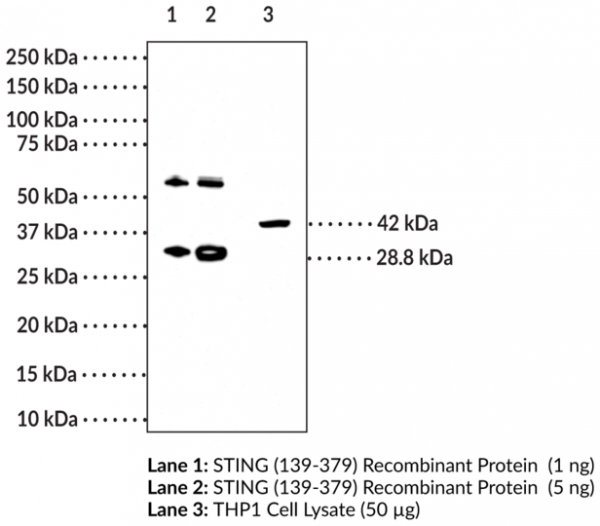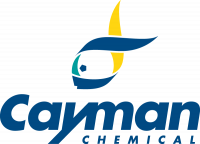Cookie preferences
This website uses cookies, which are necessary for the technical operation of the website and are always set. Other cookies, which increase the comfort when using this website, are used for direct advertising or to facilitate interaction with other websites and social networks, are only set with your consent.
Configuration
Technically required
These cookies are necessary for the basic functions of the shop.
"Allow all cookies" cookie
"Decline all cookies" cookie
CSRF token
Cookie preferences
Currency change
Customer-specific caching
FACT-Finder tracking
Individual prices
Selected shop
Session
Comfort functions
These cookies are used to make the shopping experience even more appealing, for example for the recognition of the visitor.
Note
Show the facebook fanpage in the right blod sidebar
Statistics & Tracking
Affiliate program
Conversion and usertracking via Google Tag Manager
Track device being used

| Item number | Size | Datasheet | Manual | SDS | Delivery time | Quantity | Price |
|---|---|---|---|---|---|---|---|
| Cay17856-100 | 100 µg | - |
6 - 10 business days* |
498.00€
|
If you have any questions, please use our Contact Form.
You can also order by e-mail: info@biomol.com
Larger quantity required? Request bulk
You can also order by e-mail: info@biomol.com
Larger quantity required? Request bulk
Stimulator of Interferon Genes (STING) is a component of the innate immune response. STING binds... more
Product information "Anti-STING (Clone 2C8)"
Stimulator of Interferon Genes (STING) is a component of the innate immune response. STING binds to cyclic dinucleotides, which are bacterial second messengers. Recognition of cyclic-di-GMP (c-di-GMP), c-di-AMP, or c-GMP-AMP leads to activation of NF-kappaB and transcription of immunomodulatory genes, including type I interferon (IFN). Loss of STING regulation contributes to autoimmune disorders through increased IFN activity. The gene for STING is mutated in the mouse strain Goldenticket, which consequently lacks a type I IFN response to Listeria infection. Activation of STING by the flavonoid 5,6-dimethylxanthenone-4-acetic acid (DMXAA, Cay-14617) has been shown to kill solid tumors in mice, but the binding site of DMXAA is not conserved in human STING. Cayman's STING Monoclonal Antibody (Clone 2C8) can be used for ELISA, immunohistochemistry, and Western blot applications. The antibody recognizes STING at 42 kDa from human samples.Synonyms: Endoplasmic Reticulum Interferon Stimulator, ERIS, Mediator of IRF3 Activation, MITA, MPYS, Stimulator of Interferon Genes, TMEM173, Transmembrane Protein 173. Immunogen: Human recombinant STING protein AA 139-379. Clone Designation: 2C8. Formulation: (Request formulation change), 100 µg of protein G-purified monoclonal antibody. Storage Buffer: PBS, pH 7.2, with 50% glycerol and 0.02% sodium azide. Host: Mouse. Isotype: IgG1. Applications: ELISA, IHC, and WB. UniProt Accession #: Q86WV6.
| Keywords: | Anti-ERIS, Anti-ERIS, Anti-hMITA, Anti-hMITA, Anti-hSTING, Anti-hSTING, Anti-Transmembrane protein 173, Anti-Transmembrane protein 173, Anti-Mediator of IRF3 activation, Anti-Mediator of IRF3 activation, Anti-Stimulator of interferon genes protein, Anti-S |
| Supplier: | Cayman Chemical |
| Supplier-Nr: | 17856 |
Properties
| Application: | ELISA, IHC, WB |
| Antibody Type: | Monoclonal |
| Clone: | 2C8 |
| Conjugate: | No |
| Host: | Mouse |
| Species reactivity: | human |
| Immunogen: | Human recombinant STING protein AA 139-379 |
| Format: | Purified |
Database Information
| KEGG ID : | K12654 | Matching products |
| UniProt ID : | Q86WV6 | Matching products |
| Gene ID : | GeneID 340061 | Matching products |
Handling & Safety
| Storage: | -20°C |
| Shipping: | -20°C (International: -20°C) |
Caution
Our products are for laboratory research use only: Not for administration to humans!
Our products are for laboratory research use only: Not for administration to humans!
Information about the product reference will follow.
more
You will get a certificate here
Viewed





